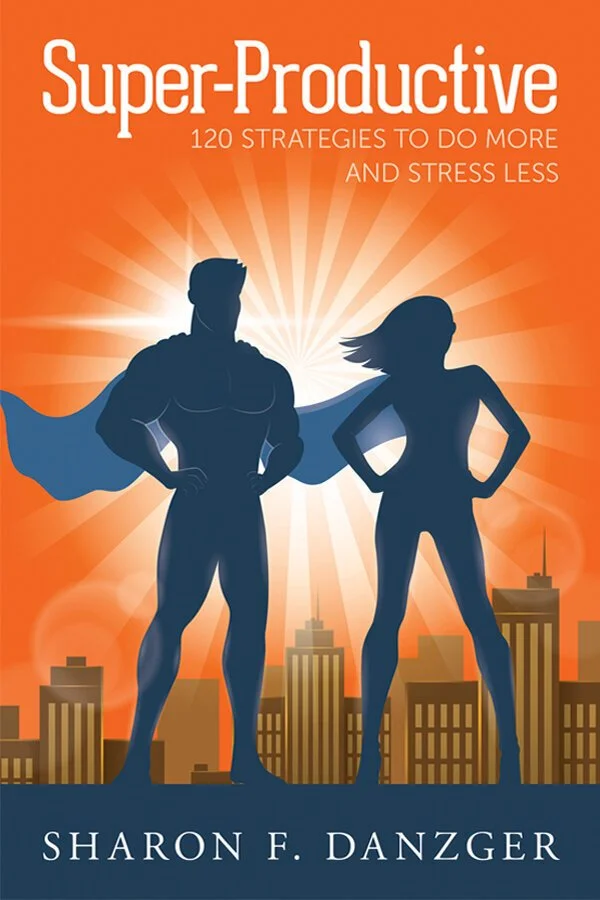TWO SURPRISINGLY EFFECTIVE WAYS TO BOOST PRODUCTIVITY
I provide coaching to a variety of very busy, high-achieving individuals and am often asked “how can I be more productive?”
The answer is NOT what most people think; it is not simply a matter of time management. Being more productive is strongly related to energy management and your ability to handle a heavy cognitive load. You can increase your brain function and ability to focus by getting enough sleep and exercise.
SLEEP
Sleep is incredibly important to our daily recovery.
Here is a list of some of the benefits of getting enough sleep:
Sleep reboots your entire body; including your brain.
Sleep regulates appetite, weight, and food consumption.
Sleep improves memory and enhances problem-solving.
In a 2018 podcast, Dr. Matthew Walker provides some alarming facts.
The shorter you sleep, the shorter your life.
Lack of sleep is associated with: Alzheimer's, heart disease, obesity, diabetes, cancer, depression, and suicide.
The impact on your mental acuity of getting four hours too little sleep is the same as drinking a six-pack of beer.
Think about it this way...
How would you feel if your heart surgeon was short on sleep?
Or the pilot of your airplane?
It’s easy to fall into the trap of staying up late to get more work done. In reality, if you get the sleep you need, you may find that the work goes faster and is of better quality - you will be more productive when your body and brain are well-rested.
EXERCISE AND MOVEMENT
Exercise can improve overall brain health by stimulating plasticity (the ability for the brain to change) and enhancing cognitive function. But exercise alone is not enough. It’s important to reduce the amount of time sitting - adding additional movement into your day will improve brain power, enabling you to be more productive.
Research indicates that even those who exercise regularly are at greater mortality risk if they are sedentary, especially sitting, for long periods of time. Here are other ways to incorporate movement into your day:
Use the Pomodoro Method (25 minutes of work followed by a 5-minute break) to increase awareness of time and build in regular movement breaks,
Commit to standing up when talking on the phone,
Easy active breaks like walking the stairs, refilling your water glass, or stretching,
Standing when possible and considering the purchase of a standing desk.
BOTTOM LINE
When you are at your busiest with deadlines looming and stress levels high, it may seem counter-intuitive to get more sleep and exercise. It can feel impossible to break away from your desk. These are the times when self-care is most critical. Going for a short walk or climbing a few flights of stairs will re-energize you and help you be more productive. The same is true for sleep. Your brain needs time to repair and process information each day. Rather than trying to sleep an extra hour each night, slowly increase your time in bed by 15 minutes a day to allow your body to adjust.
Give more sleep and exercise a try and let me know if you see a change in your productivity. I continue to work on getting enough sleep but increasing both sleep and exercise over the past few years has been a real game changer for me.
WANT MORE PRODUCTIVITY TIPS?
Check out Super-Productive: 120 Strategies to Do More and Stress Less.
Available on Amazon.



